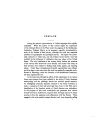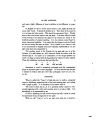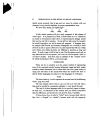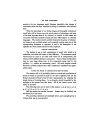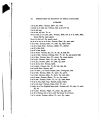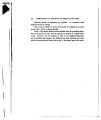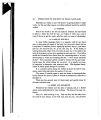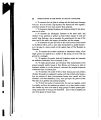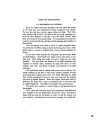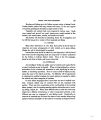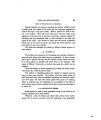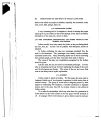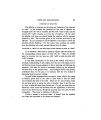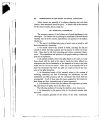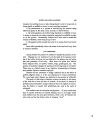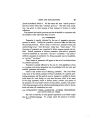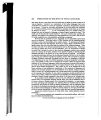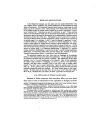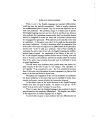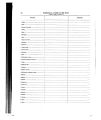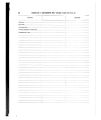| OCR Text |
Show 68 INTBODUCTION TO THE STUDY OF INDIAN LANGUAGES. In the Choctaw, Mr. Byington ( Grammar, p. 36) gives some of these forms for the verb tdkchij " to tie": tankchij " to be tying"; taiYAkchi, " to tie firmly"; tamrkchi, " to keep tying "; tOHKchi, " to tie instantly " or suddenly; takcmchi " to cause to tie," etc. In some of the Algonkin languages there is a special form of the verb for denoting & pretense of doing or being, " feigning to do." In the Cree, this form has the characteristic - kds; from nipp'owy " he sleeps," comes ntppaKA'soo, " he pretends to sleep"; muskowissu," he is strong," muskowisseKA'soo," he pretends to be strong," & c. ( Howse's Cree Grammar, pp. 20, 84.) What I have called generic formative* have been regarded by some writers on the American languages, especially by Mr. Schoolcraft, as " primitive nouns never disjunctively used." All, however, which are found in the Algonkin languages may be shown to belong to one of two classes: verbals and participials regularly formed from primary verbs- some of which still retain their independent places in the language- and inflections, with a characteristic particle prefixed to each. They may be described, generally, as terminations which denote the class or kind to which the object designated by the synthesis belongs. Examples of these forraatives may be observed in many geographical and local names. In the parts of the country where Algonkin dialects were spoken, - pang or- pdg final ( or followed by the locative sign, - itf, - ft, - ing) denotes " water at rest," " standing water," and is the substantival component of many names of lakes and ponds; - hanne or-/ tan, " flowing," distinguishes a " rapid stream" or " current"; - tuk ( Abnaki, - tegcoe; Delaware, JUnk), " driven in waves," from a root signifying " to strike," is found in names of tidal rivers and estuaries and of broad, deep streams; - ompsk, contracted to - psk or - msk ( Abnaki, - peskoo; Cree, - pisk; Chippeway, - W&), denotes " hard or flint- like rock."* • Minne, or its contraction - rotn, is the generic affix of names of berries, nuts, and other fruits which may be eaten. It is never used independently, though a nearly-related word, meen, pi. meenun] is found in the Chippeway and some other dialects specially appropriated to a single species ( the blueberry), and in the Cree the diminutives menis and menissis are used for " berry" generally. The cranberry was called by the Narragansetts, sasemin, " very sour berry"; by the Chippeways, muskegtmin, " swamp- berry"; the strawberry is ( Chip.) odei- min, " heart- berry"; Indian corn, in Massachusetts, cwachimin or weatchimin, but among the western Algonkins, monda-min, " manito " ( i. e., supernatural or wonderful) " fruit." • Pin denotes an esculent tuber or tuberous root; as in ( Chip.) o- pin, " potato"; wiitU'pin} " wild potato"; muskodepin, " prairie- root"; wawbeze- pin, " swan- root" ( a species of Sagittaria), etc. - Asq in the Massachusetts and Narragansett dialects was the generic formative of the names of fruits which might be eaten " raw " or when " green," particularly melons and edible gourds. In the plural, - asq makes - asquash- whence our name " squash" for several varieties of Cucurbitaceae. t * Since the above was written a more extended notice of this class of generic formatives has been given in a paper, " On the composition of Indian geographical names," printed in the second volume of the Collections of the Connecticut Historical Society. t The primary meaning of asq or ask seems to have been " before- time," " immature," " unfinished," or the like. As an adverbial prefix to verbs it denotes that the action is not yet performed. Hence, asH-and ask- un, " it is raw," t. e., not yet prepared to be eaten; or " it is green," i. e., not yet matured. Eskimo is tho Algonkin name of one who " cats fish or flesh raw"; Abnaki, ' ski- mooJioo; Mass., aski- |










